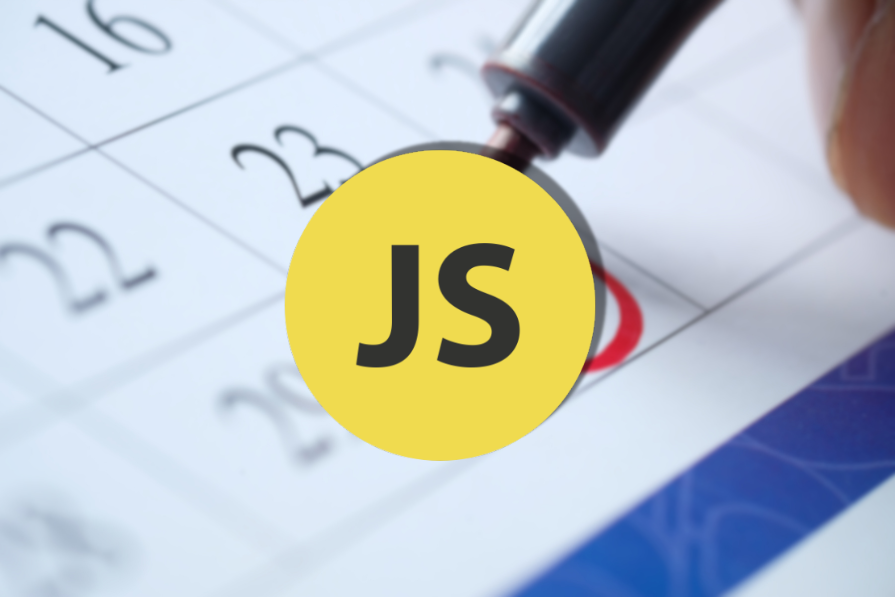Logrocket
1M
0

Image Credit: Logrocket
How to format dates in JavaScript: Methods, libraries, and best practices
- JavaScript date handling involves challenges impacting application reliability, with this guide comparing native Date API and specialized libraries for date formatting.
- Common date formats include ISO 8601, Unix timestamps, and RFC 2822, each suited for specific contexts in date handling.
- The JavaScript Date object offers methods for creating, manipulating, and formatting dates efficiently.
- Native Date methods and formatting options like toDateString(), toTimeString(), and toISOString() are useful for basic date formatting needs.
- Locale-aware date formatting can be achieved in JavaScript using toLocaleDateString(), with examples showcasing different locales.
- Custom date formatting can be implemented using JavaScript functions for granular control over the format output.
- Modern libraries like date-fns offer functional date parsing, formatting, and manipulation capabilities with tree-shakable, immutable features.
- Day.js provides a lightweight alternative to Moment.js for modern date handling, featuring a tiny footprint, familiar API, and chainable methods.
- Moment.js, known for its legacy solution in date handling, offers mutability, timezone support, and complex chaining but has a larger bundle size.
- The ECMAScript Temporal proposal aims to revolutionize JavaScript date handling with a comprehensive, immutable, timezone-aware solution.
Read Full Article
Like
For uninterrupted reading, download the app